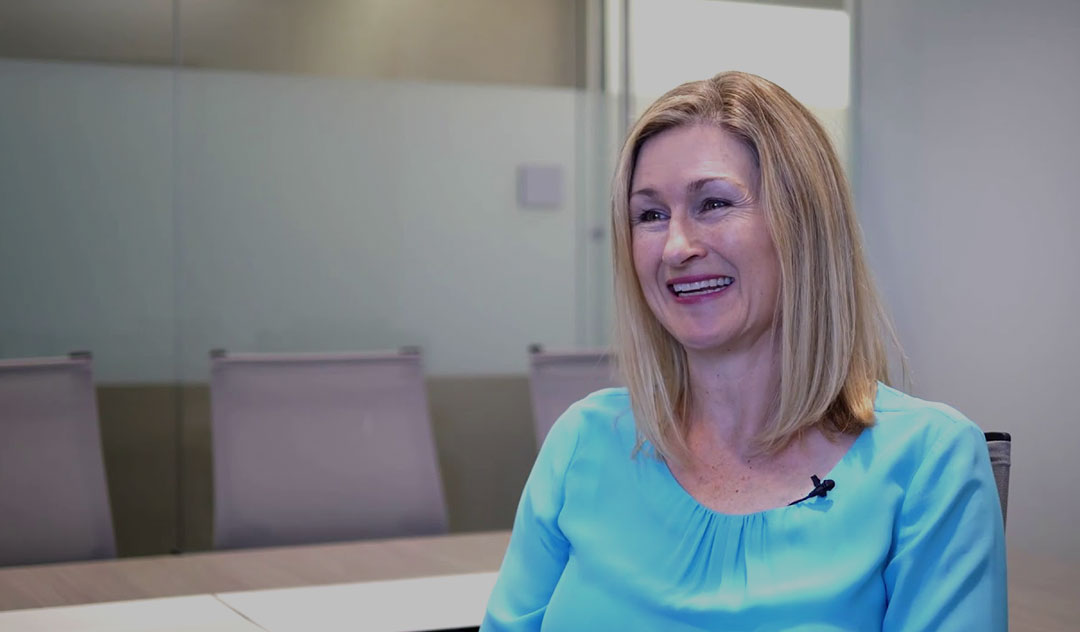Denise Hampton, senior director, channel strategy and programs at Zebra Technologies, explains how Zebra worked with ZS to develop its channel strategy and create a new partner program after its acquisition of Motorola Solutions’ enterprise business.
After Zebra Technologies acquired Motorola Solutions' enterprise business, the company needed to reinvent their business and transform their go-to-market strategy. Zebra worked with ZS to develop its channel strategy and develop a best-in-class partner program.
Denise Hampton: We were able to create a partner program that supported our channel at the moment and time that the two companies were coming together, but we also wanted to ensure that partner program was flexible and scalable enough to help us to not only help our channel to grow in the direction that we were looking to grow our business, but also provide ability to recruit new partners into our ecosystem and still support the overall strategic vision of the company.
Q: How did you go about integrating the two companies’ channel strategy and partner programs?
Denise Hampton: After the acquisition, the way in which we integrated the partner programs in the channel strategies was first to create a PMO structure. ZS Associates helped us to architect that PMO structure and it was composed of a number of people not just from the ZS team, but also cross-functional and cross regional members of both the legacy Motorola and the legacy Zebra, say sales, marketing and other teams.
“We’re building our partner ecosystem [through] an evolutionary process. Our framework helps us to identify the right partners.”
Denise Hampton
Q: How did you build a successful partner ecosystem?
Denise Hampton: The way in which we're building our partner ecosystem is really through an evolutionary process. Our partner program framework helped us to categorize partners based on their solution competency and we have a lot of partners in the ecosystem who develop their own solutions. We don't necessarily need Zebra to help them with that but there are certain areas where we are building solutions that are very unique to Zebra and we want to bring those solutions to and through our partners out to the customer community. We're starting that process through an early adopter approach. Our framework helps us to identify the right partners to engage in that early adopter process and we're taking a very methodical approach to ensure that not just our partners are ready to sell these solutions but that we are ready with the proper infrastructure to support them, to enable them and to market these solutions jointly with them.
Q: What lessons did Zebra learn throughout this transition?
Denise Hampton: I think one of the significant lessons that Zebra learned throughout this transition and as they brought the two companies together, Motorola and Zebra, is how different our cultures were as it relates to our interaction with the channel. We had a high degree of compliment between the partners that we work with as well as the technologies that we bring to market. But, we did have very different ways in which we interacted with the channel and engaged with the channel on a day-to-day basis.
Q: How did ZS help Zebra develop its channel strategy and partner program design?
Denise Hampton: They were there with us every step of the way listening to a wide variety of oftentimes divergent feedback that we would receive not just from different functional areas, but also from different regional areas of the world. They were able to take a step back and help us to distill all of that feedback into pragmatic strategies and approaches that helped us to ultimately shape the partner program we developed.
Q: How should other tech vendors develop new offerings or go-to-market strategies enabled by the internet of things?
Denise Hampton: I really would suggest two things. One is understanding that the partners that you need to bring those solutions to market are often an ecosystem versus just one single partner, so that's one thing to keep in mind. I think the second thing to keep in mind is some of the basics of any go-to-market strategy that's being developed. It is understanding your offering and the target customers that are appropriate for that offering, understanding how big that market opportunity is and really understanding what it is that you're bringing to the table as a vendor and what you're looking for your partners to complement for you.

How Zebra Technologies transformed its channel strategy and partner program









